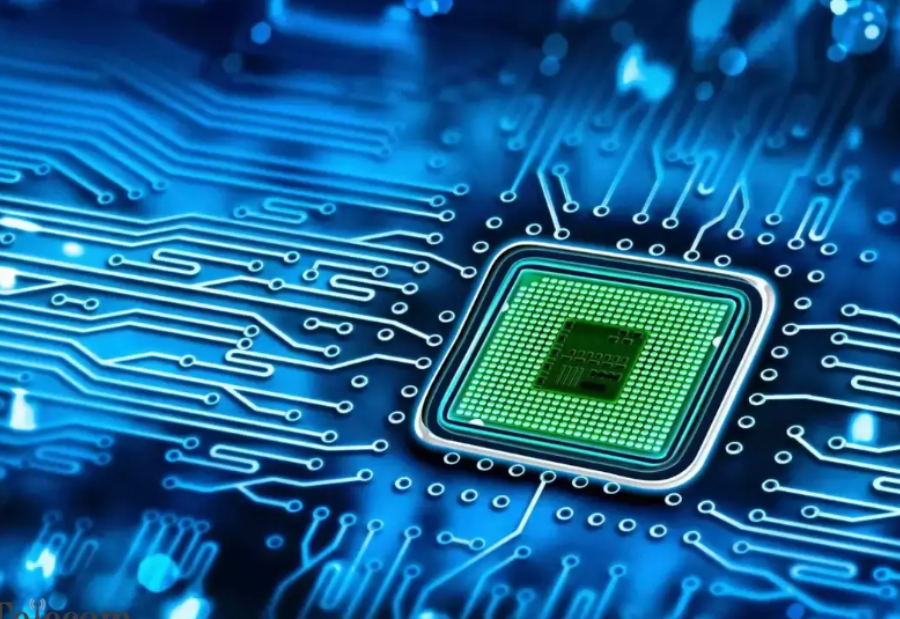In the delicate dance of global trade, Taiwan has stepped forward to evaluate the tremors likely to ripple through its semiconductor industry following possible U.S. import tariffs. As geopolitical winds shift, Taiwan’s government is preparing simulations to understand the potential blow to its world-renowned chip sector and intends to open channels of communication with Washington to advocate for “fair competition.”
Speaking to reporters outside parliament, Economy Minister Kuo Jyh-huei affirmed Taiwan’s intent to protect its technological crown jewel through diplomacy and data. “As to how much (the tariffs) could be, we will of course carry out simulations,” he said. “On the tariffs issue, we will try as hard as possible to communicate with the U.S. side.”
The concern arises as the Trump administration explores tariffs on key imports like semiconductors and pharmaceuticals, citing national security risks stemming from excessive foreign dependence. Semiconductors, the unseen engines powering everything from smartphones to supercomputers, are now at the heart of a new trade flashpoint.
The United States has long leaned heavily on chip imports from Taiwan, with TSMC (Taiwan Semiconductor Manufacturing Company) standing as the island’s tech titan. TSMC supplies advanced chips to global powerhouses including Apple and Nvidia, both of which are expanding their U.S. investments in dramatic fashion.
Just this week, Nvidia unveiled plans to build AI servers valued up to $500 billion in the U.S. over the next four years, working alongside TSMC and other partners. This follows Apple’s February pledge to inject $500 billion into U.S. operations over a similar time span, part of a broader trend to localize advanced tech manufacturing.
TSMC itself is already moving in stride, having recently declared a $100 billion investment in the United States, layered atop previous commitments aimed at deepening its American footprint.
Despite these bold moves, Taiwan remains cautious. Kuo emphasized that Taiwan and the U.S. chip industries are “complementary”, not competitors, highlighting the need for synergy, not separation. His remarks suggest that rather than viewing the potential tariffs as a wall, Taiwan sees an opening for strategic negotiation.
Though the exact nature and scope of U.S. chip tariffs remain undecided, the tone is set for delicate talks, with Taiwan poised to defend its industrial lifeline without burning bridges. For now, TSMC’s shares edged up by 0.7%, mirroring broader market optimism, yet the road ahead is dotted with questions that only diplomatic clarity can resolve.
Also read: Viksit Workforce for a Viksit Bharat
Do Follow: The Mainstream formerly known as CIO News LinkedIn Account | The Mainstream formerly known as CIO News Facebook | The Mainstream formerly known as CIO News Youtube | The Mainstream formerly known as CIO News Twitter |The Mainstream formerly known as CIO News Whatsapp Channel | The Mainstream formerly known as CIO News Instagram
About us:
The Mainstream formerly known as CIO News is a premier platform dedicated to delivering latest news, updates, and insights from the tech industry. With its strong foundation of intellectual property and thought leadership, the platform is well-positioned to stay ahead of the curve and lead conversations about how technology shapes our world. From its early days as CIO News to its rebranding as The Mainstream on November 28, 2024, it has been expanding its global reach, targeting key markets in the Middle East & Africa, ASEAN, the USA, and the UK. The Mainstream is a vision to put technology at the center of every conversation, inspiring professionals and organizations to embrace the future of tech.




